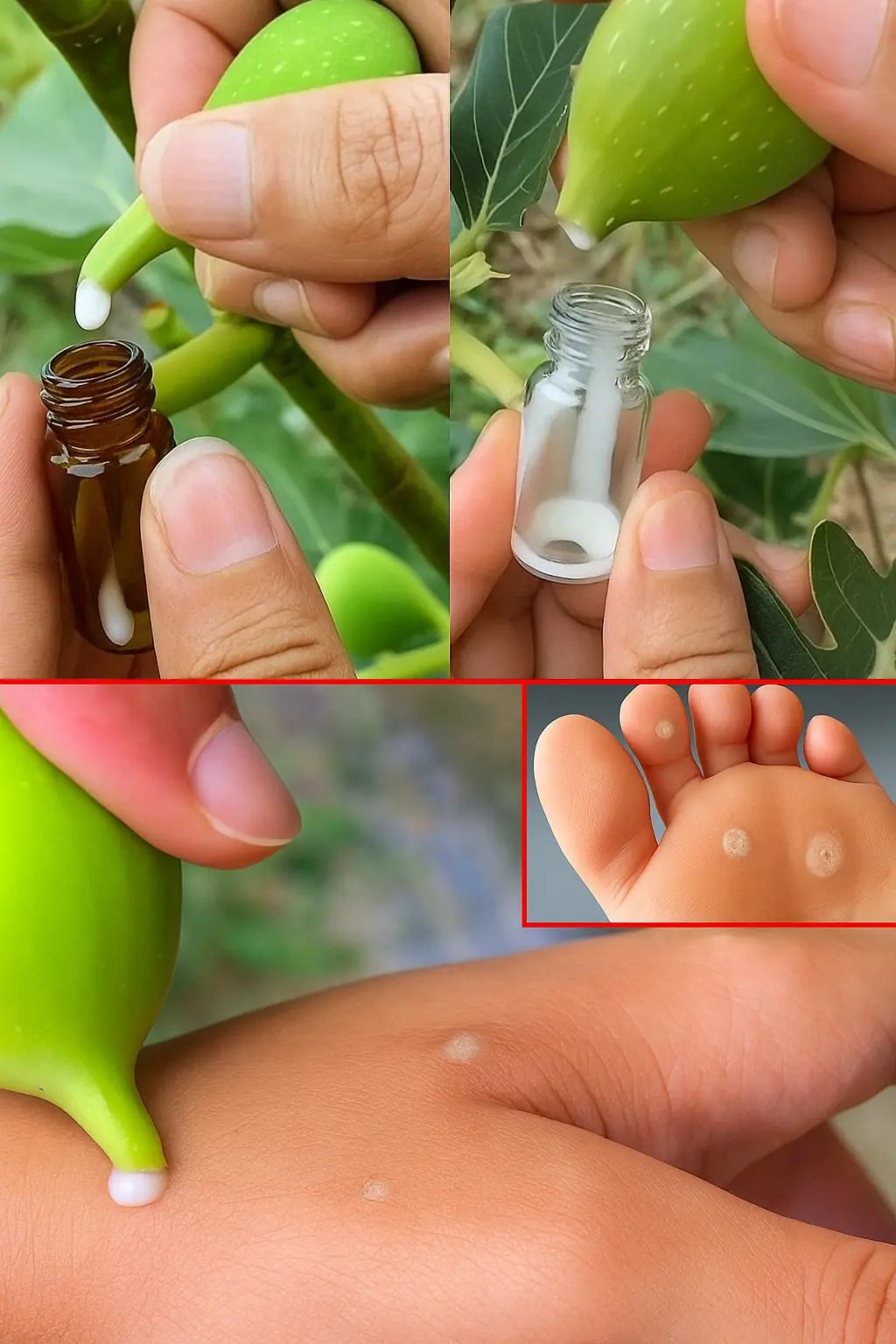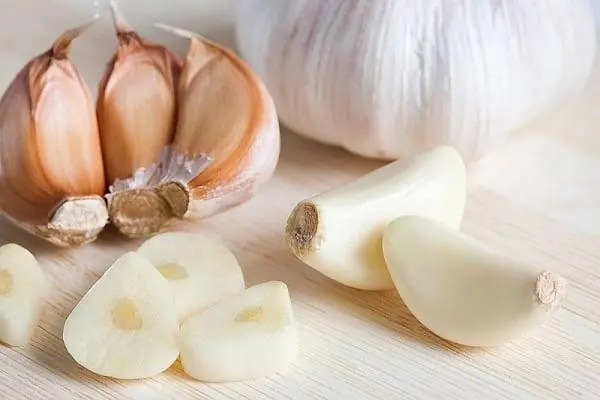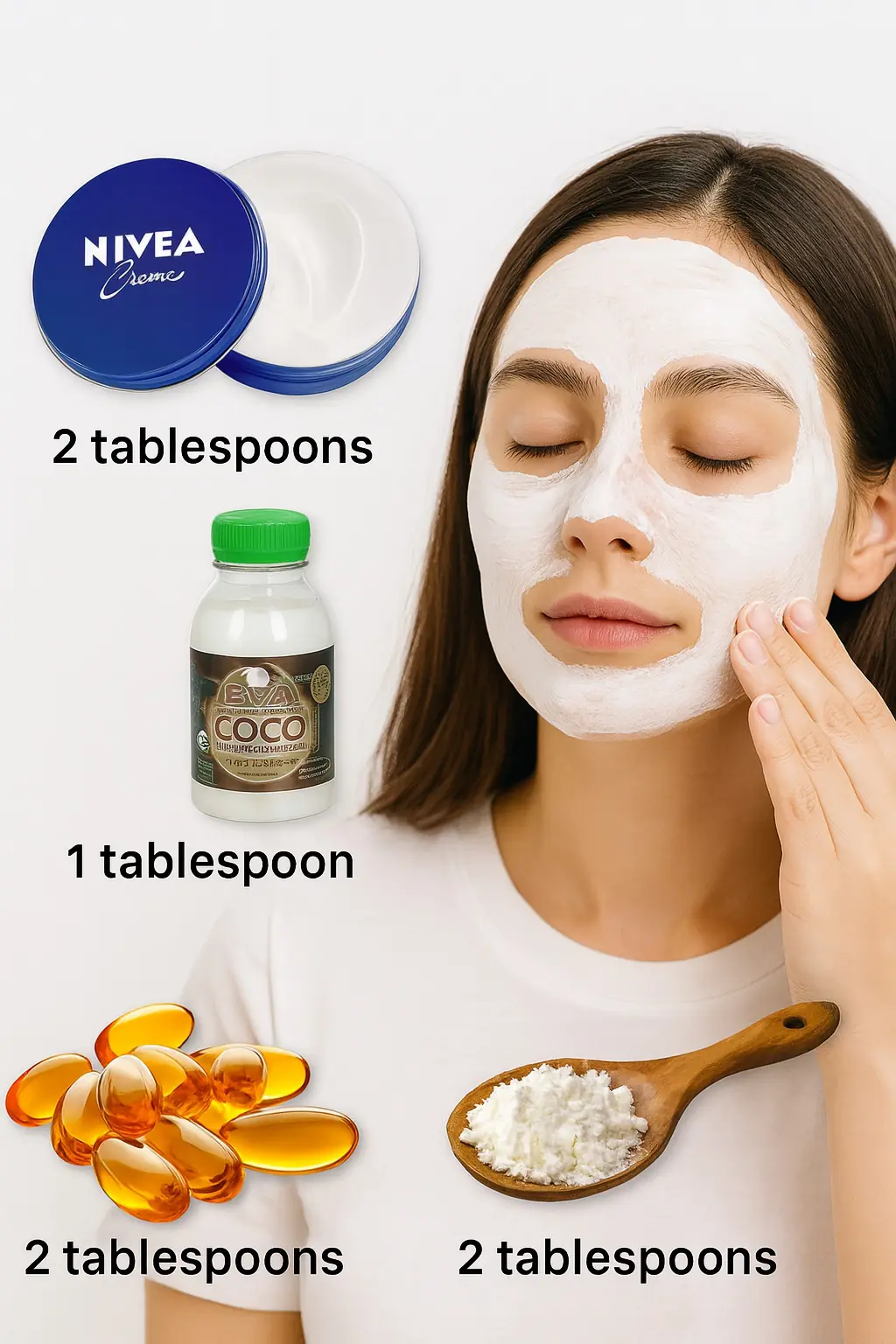
6 Groups of People Who Should Avoid Eating Garlic
Although garlic is a healthy addition to a balanced diet, consuming too much of it can lead to certain side effects.
Garlic is highly nutritious and offers numerous health benefits, making it a widely used ingredient in cooking. It has been utilized for centuries in traditional medicine to treat various ailments, including high blood pressure, high cholesterol, and infections. However, excessive consumption can lead to side effects such as bad breath, acid reflux, digestive issues, and an increased risk of bleeding.
While garlic is generally considered safe and beneficial for most people, certain individuals should avoid consuming it. Below is a list of groups that may need to refrain from eating garlic due to its potential impact on health.
1. People with Bleeding Disorders
One of the main reasons people with bleeding disorders should avoid garlic is its blood-thinning properties. Garlic contains a compound called allicin, which can prevent blood clotting. While this is beneficial for most individuals as it reduces the risk of heart disease, stroke, and other cardiovascular problems, it can be dangerous for those with bleeding disorders.
Bleeding disorders affect the body’s ability to form blood clots. These conditions can be hereditary or acquired and include hemophilia, von Willebrand disease, and thrombocytopenia. For individuals with these conditions, even a small cut or injury can lead to excessive bleeding that is difficult to control. Consuming garlic may exacerbate this issue and increase the risk of bleeding.
2. People Taking Blood Thinners
Similarly, individuals taking blood-thinning medications such as warfarin, aspirin, or heparin should avoid consuming garlic. These medications are commonly prescribed to prevent and treat blood clots in people with cardiovascular diseases or other medical conditions. Garlic can interact with these drugs and enhance their blood-thinning effects.
People taking anticoagulants should consult their doctor before incorporating garlic into their diet or using garlic supplements.
3. People with Digestive Issues
Garlic is known for its strong odor and taste, which can trigger digestive issues such as bloating, gas, and diarrhea in some individuals. For those already experiencing gastrointestinal problems, consuming garlic may worsen their symptoms and cause discomfort.
Individuals with conditions like irritable bowel syndrome (IBS), Crohn’s disease, ulcerative colitis, and other digestive disorders should avoid garlic. Instead, they may try other herbs and spices that are less likely to cause digestive distress, such as ginger, turmeric, and cumin.
Like onions, leeks, and asparagus, garlic has a high fructan content. Fructans are a type of carbohydrate that can cause bloating, gas, and stomach pain in some people. When individuals with fructan intolerance consume high-fructan foods, these foods are not fully absorbed in the small intestine. Instead, they reach the colon intact and ferment in the gut, leading to digestive problems.
As a result, people following a low-FODMAP diet—an elimination diet designed to identify foods that cause digestive issues—are often advised to limit their garlic intake.
Additionally, individuals with gastroesophageal reflux disease (GERD) may consider reducing their garlic consumption. GERD is a common condition where stomach acid flows back into the esophagus, causing symptoms such as heartburn and nausea.
4. People Allergic to Garlic
Garlic allergy is rare but can occur in some individuals who are sensitive to the garlic plant. Symptoms of garlic allergy can range from mild to severe and may include skin rashes, itching, hives, swelling of the face, lips, tongue, or throat, and difficulty breathing.
If you know you are allergic to garlic, you should avoid all forms of the herb, including raw garlic, cooked garlic, garlic supplements, and garlic oil. In case of accidental exposure, seek medical attention. A doctor may prescribe antihistamines or other medications to relieve the symptoms.
5. People Taking Certain Medications
Some medications may interact with garlic and cause unwanted side effects. These include medications that lower blood sugar levels, such as insulin and oral hypoglycemic drugs. Garlic can enhance the effects of these medications, potentially leading to dangerous side effects like hypoglycemia.
If you are taking any of these medications, it is essential to consult your doctor before consuming garlic or using garlic supplements.
6. People Preparing for Surgery
One of the most serious side effects of consuming too much garlic is an increased risk of bleeding, especially for individuals taking blood thinners or those about to undergo surgery. This is because garlic has antithrombotic properties, meaning it can prevent blood clot formation. While garlic-induced bleeding is uncommon, a report detailed a case where an individual experienced excessive bleeding after regularly consuming 12 grams of garlic per day before surgery.
Note:
Although garlic is generally safe for most people, some individuals should avoid or consume it with caution. These include people with digestive issues, those taking certain medications, individuals with garlic allergies, and those with low blood pressure. If you have any underlying health conditions, it is best to consult your doctor before making dietary changes or using herbal supplements.
News in the same category


My aunt May swears by this!
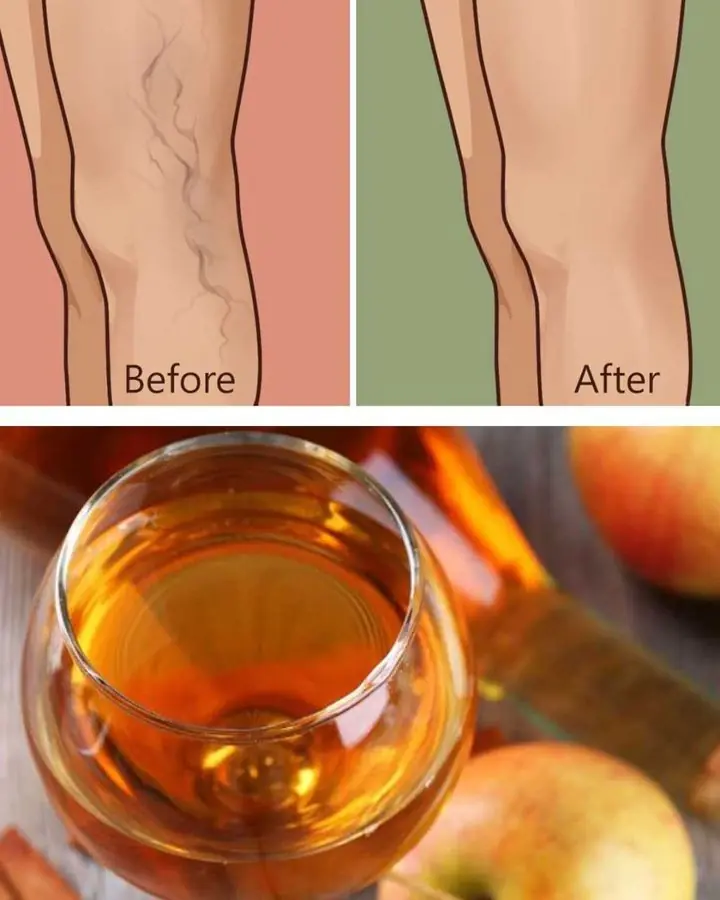
Nana passed down these recipes to remove varicose veins

I love the first method!

So good to know!
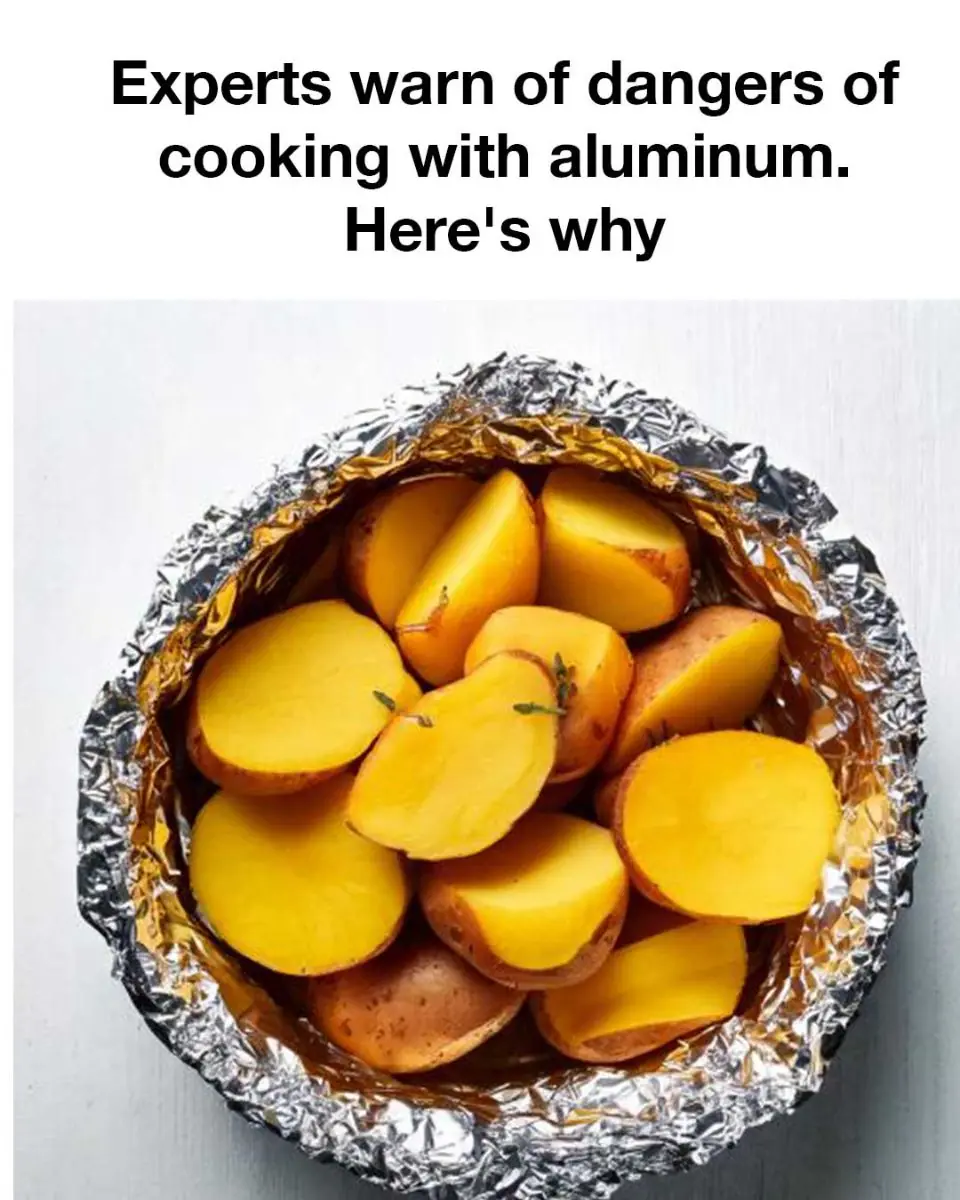
Great, now I have to toss it out
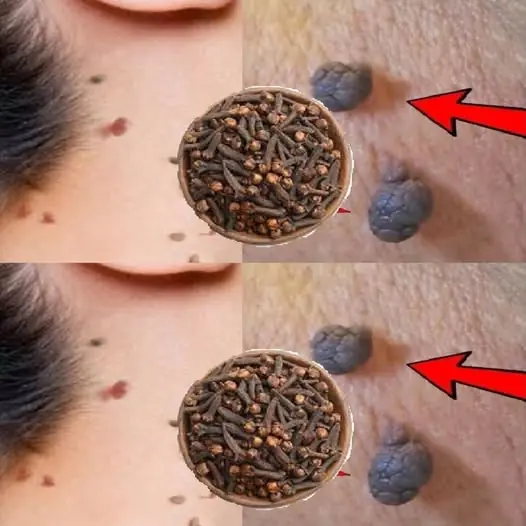
Cloves: A Natural Remedy for Skin Tags and Warts
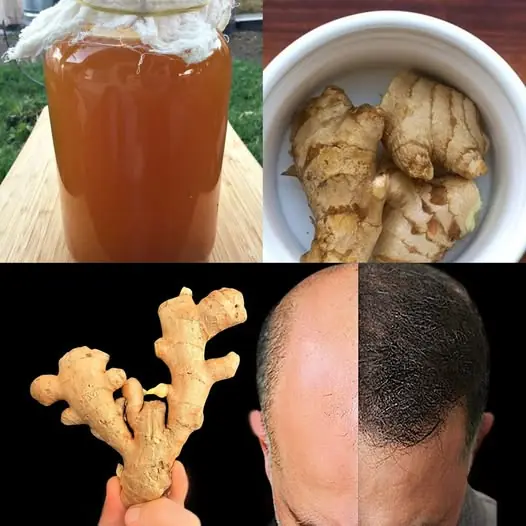
Revitalize Your Hair with Ginger: The Secret to Youthful, Rapid Growth
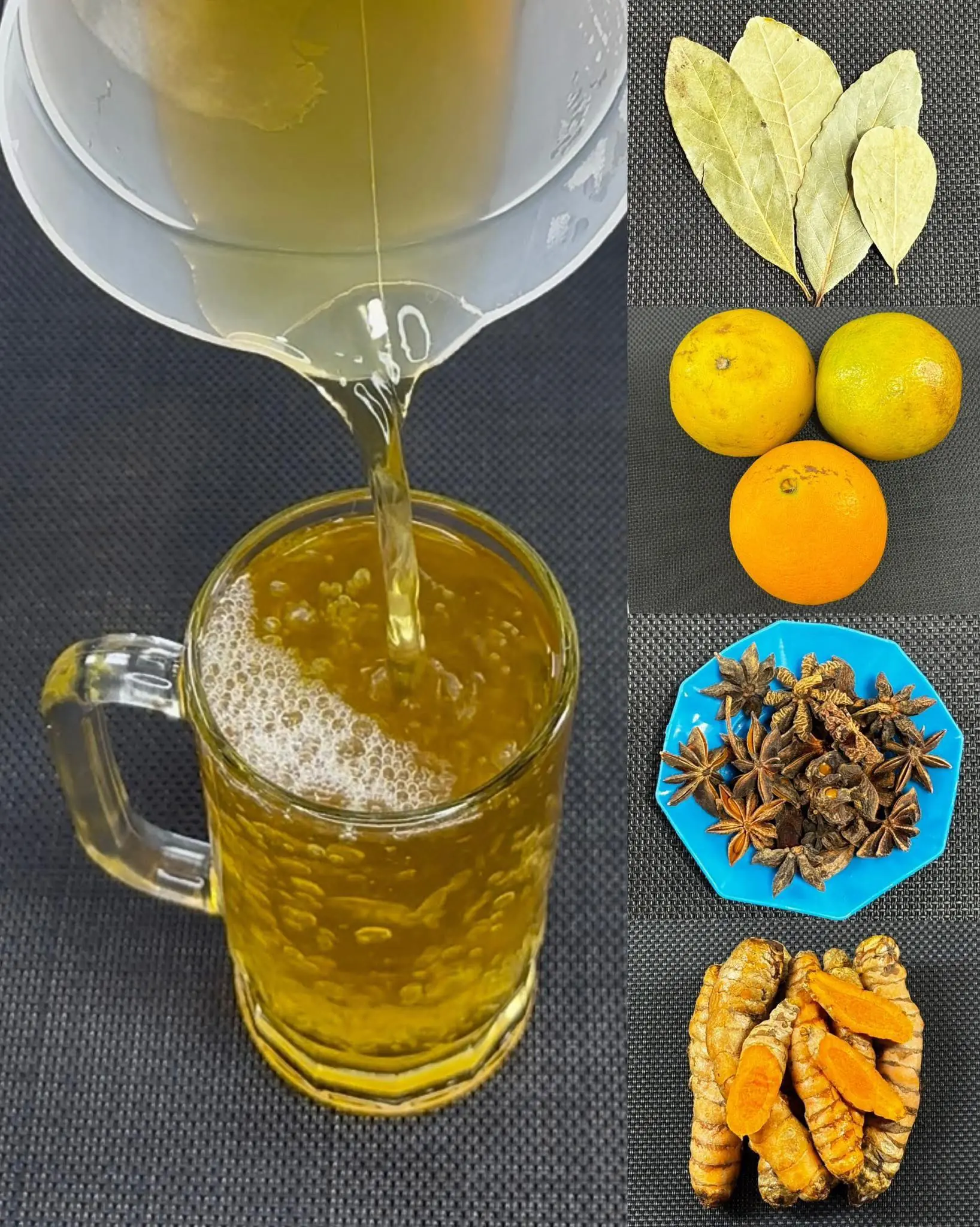
This Is the Chinese Drink That Cures Cancer, Diabetes, High Blood Pressure, and Poor Circulation Without the Need for So Many Pills
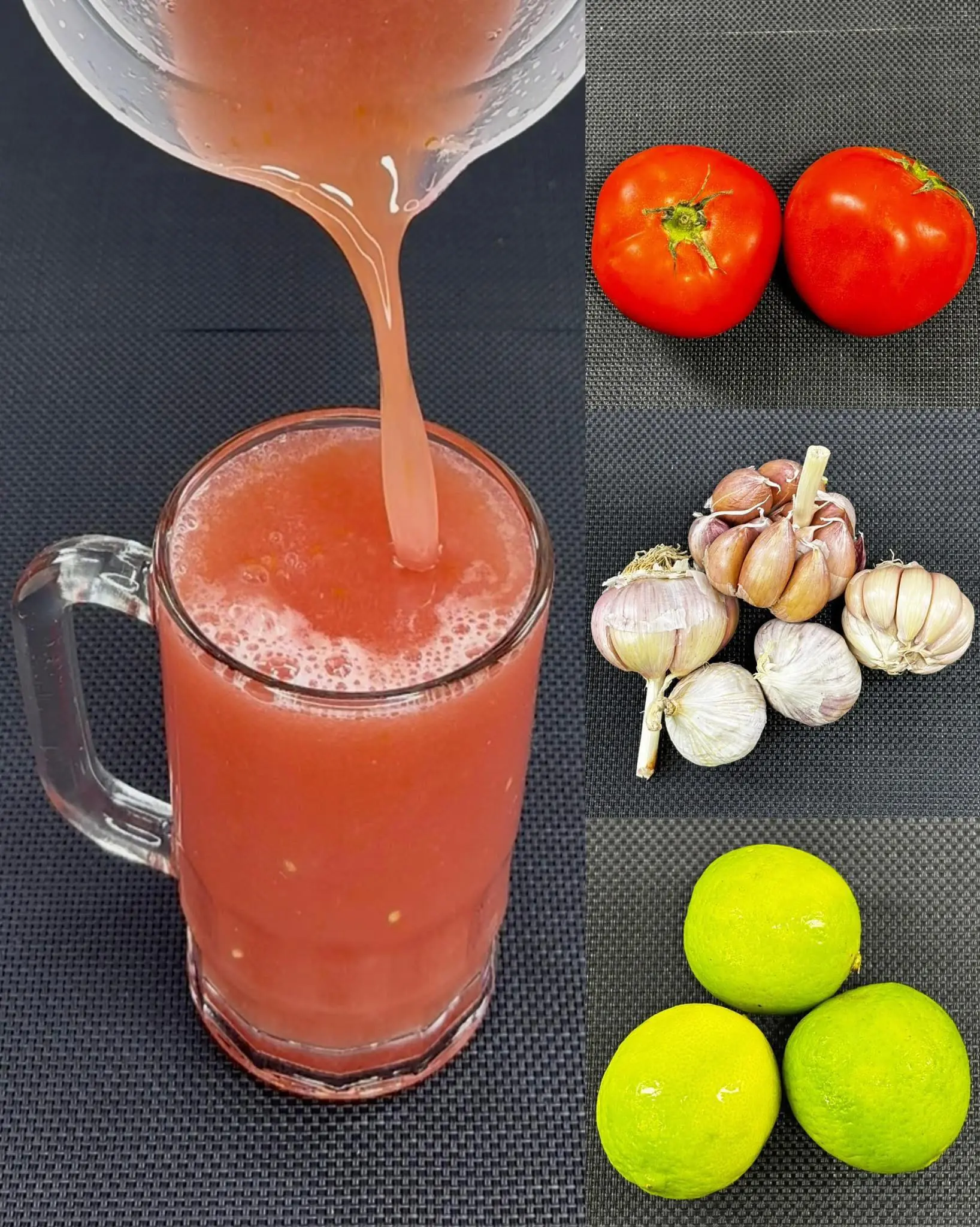
Natural Remedy to Cleanse the Kidneys, Prostate, and Detox Your Body
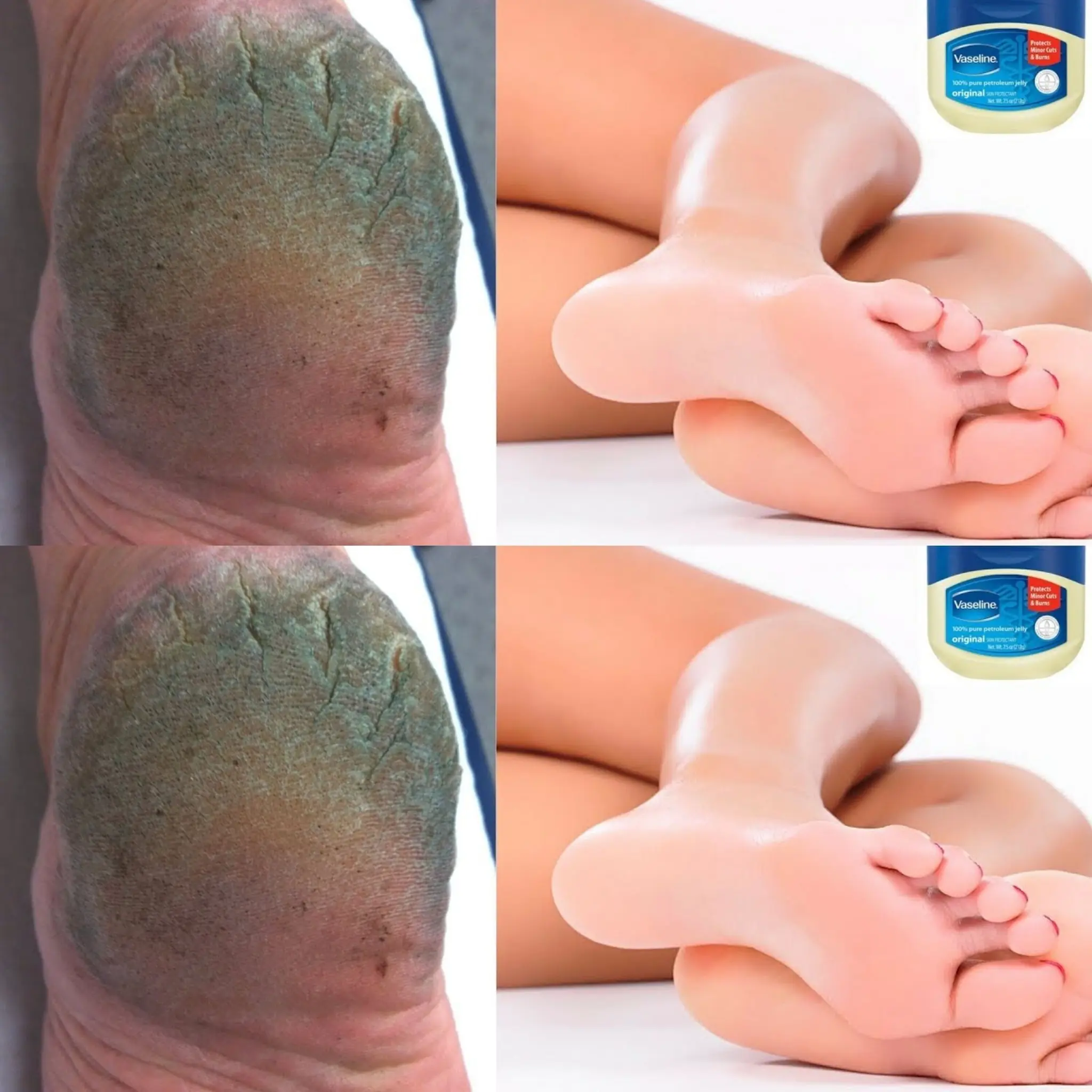
DO THIS SIMPLE HOME REMEDY WITH VASELINE TO GET RID OF CRACKED HEELS IN 3 DAYS! 🧴🦶
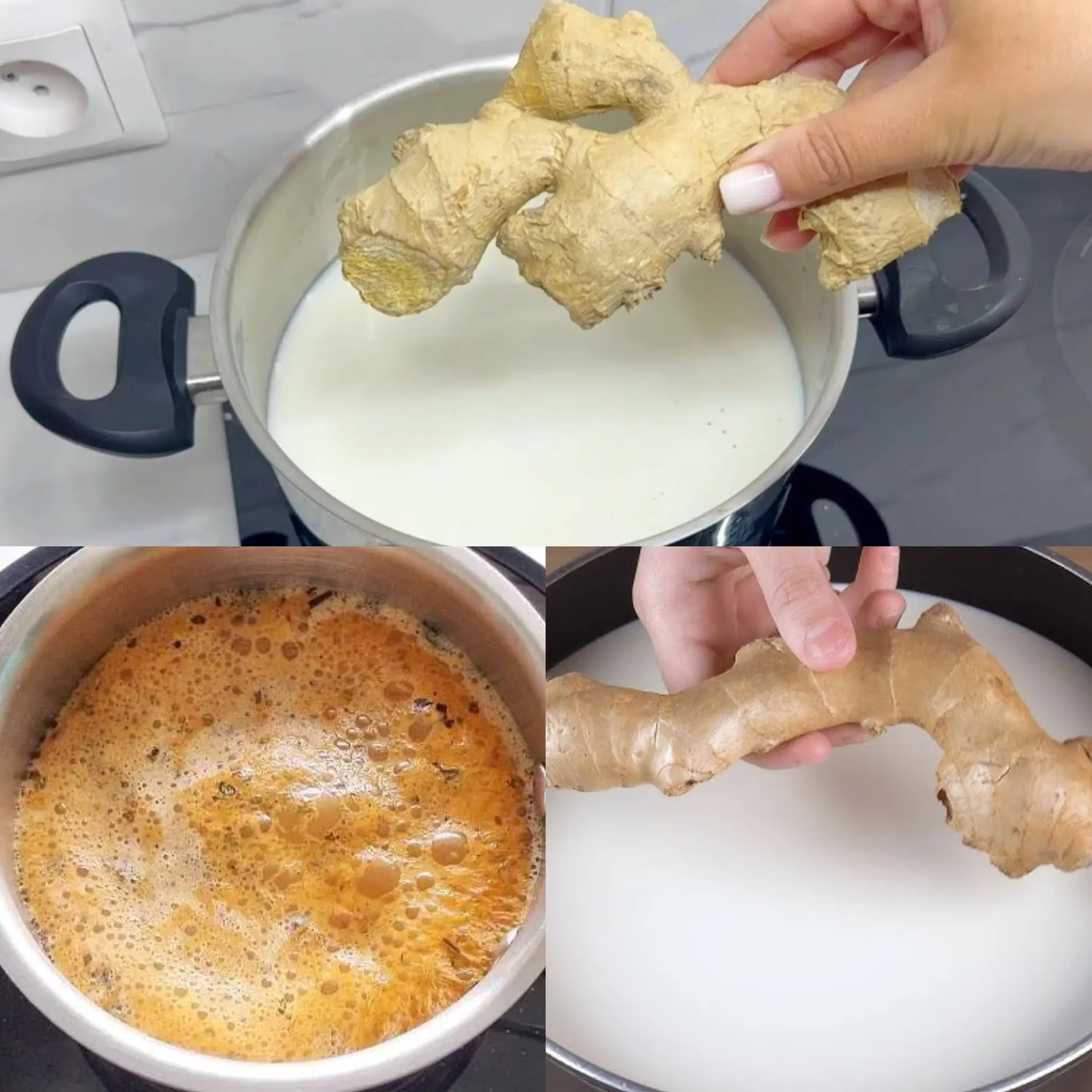
Just Add Ginger Root to Boiling Milk – You’ll Be Thrilled! 🥛🌿
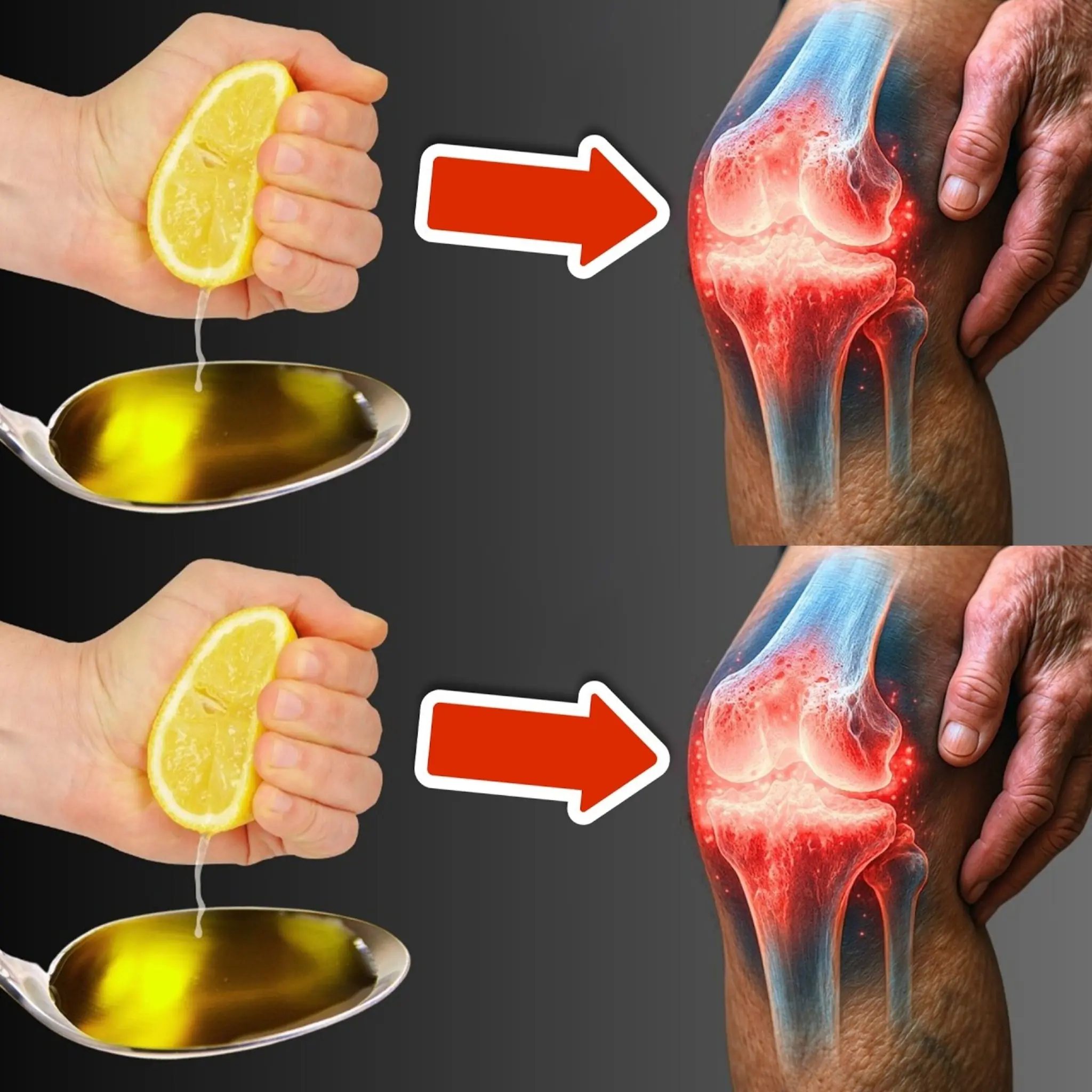
The (Unfortunately Secret) Remedy to Rebuild Knee Cartilage 💥 Incredibly Fast with Lemon & Olive Oil 🤯
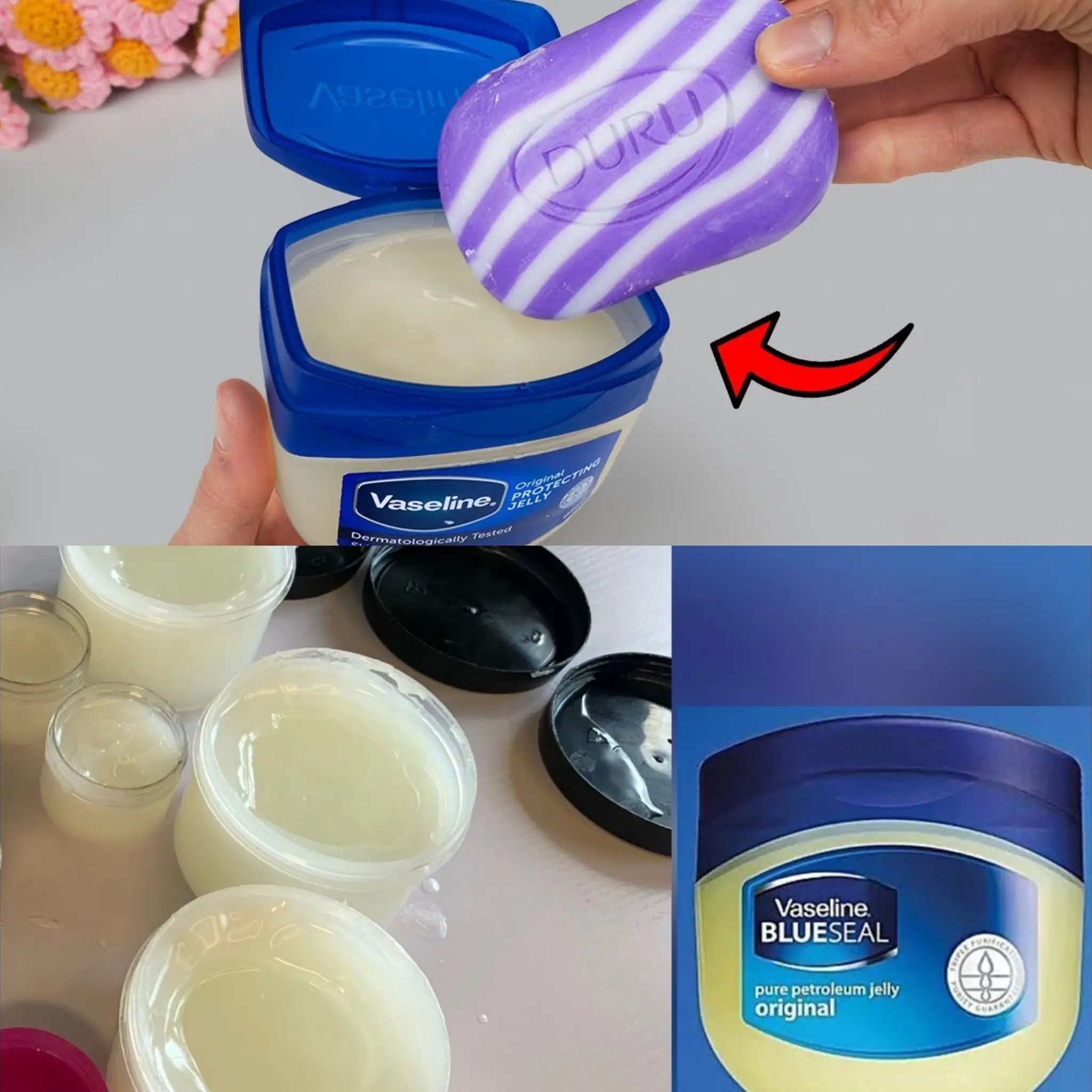
Mix Vaseline with Soap and You’ll Be Shocked! If Only I Knew This Earlier! 🧼✨
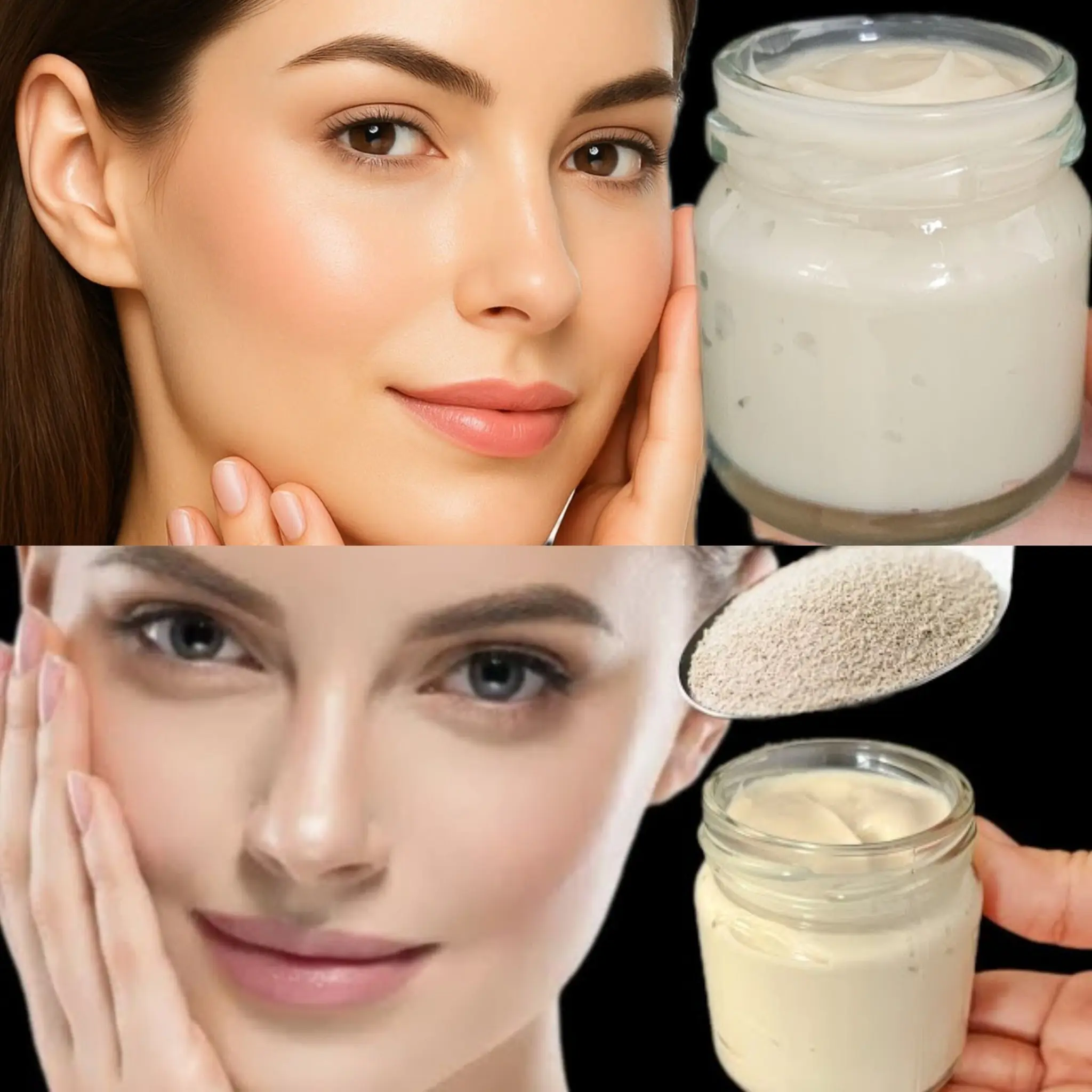
Yeast Face Mask: A Natural Secret for Smoother, Radiant Skin
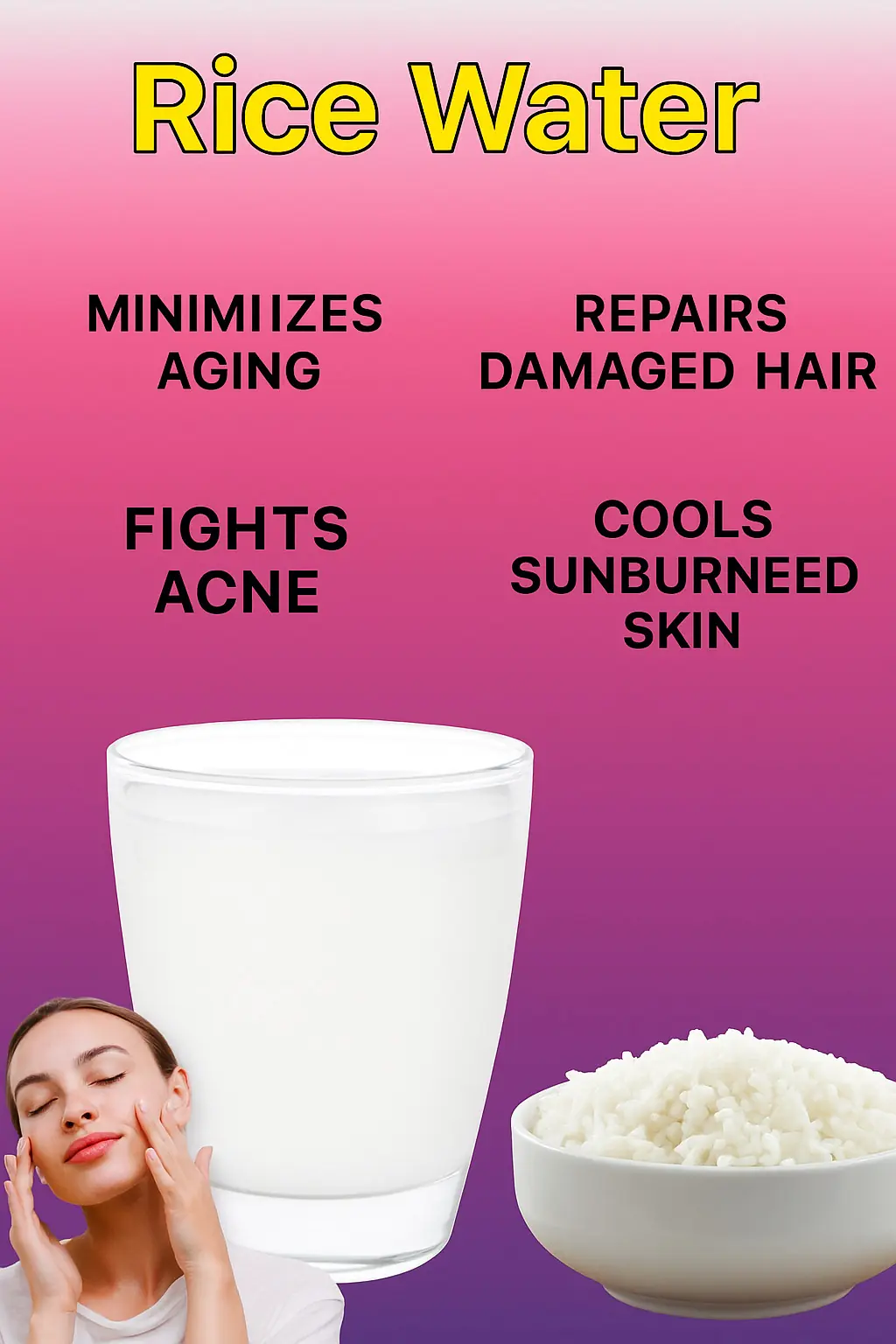
Homemade Rice Water: The Natural Tonic Your Skin (and Hair) Will Love ✨
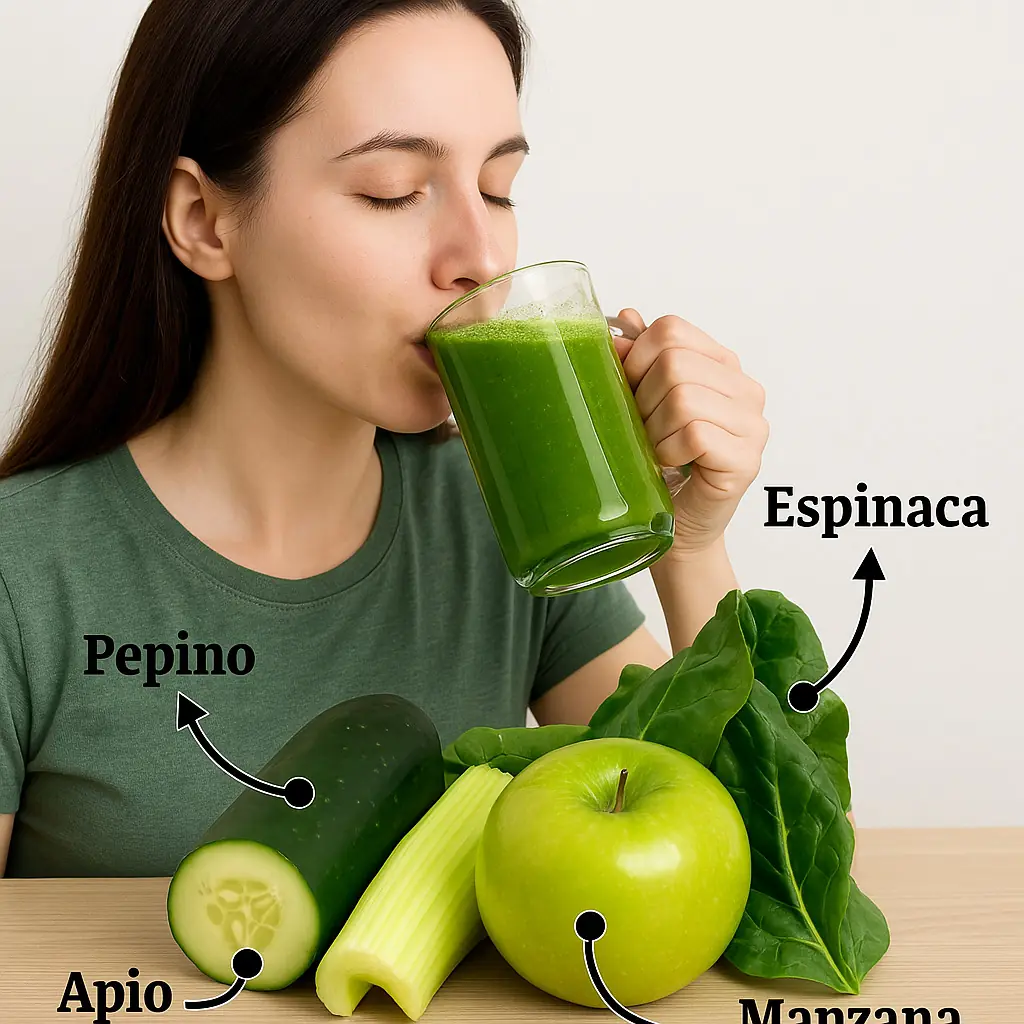
The Ultimate Green Juice for Weight Loss
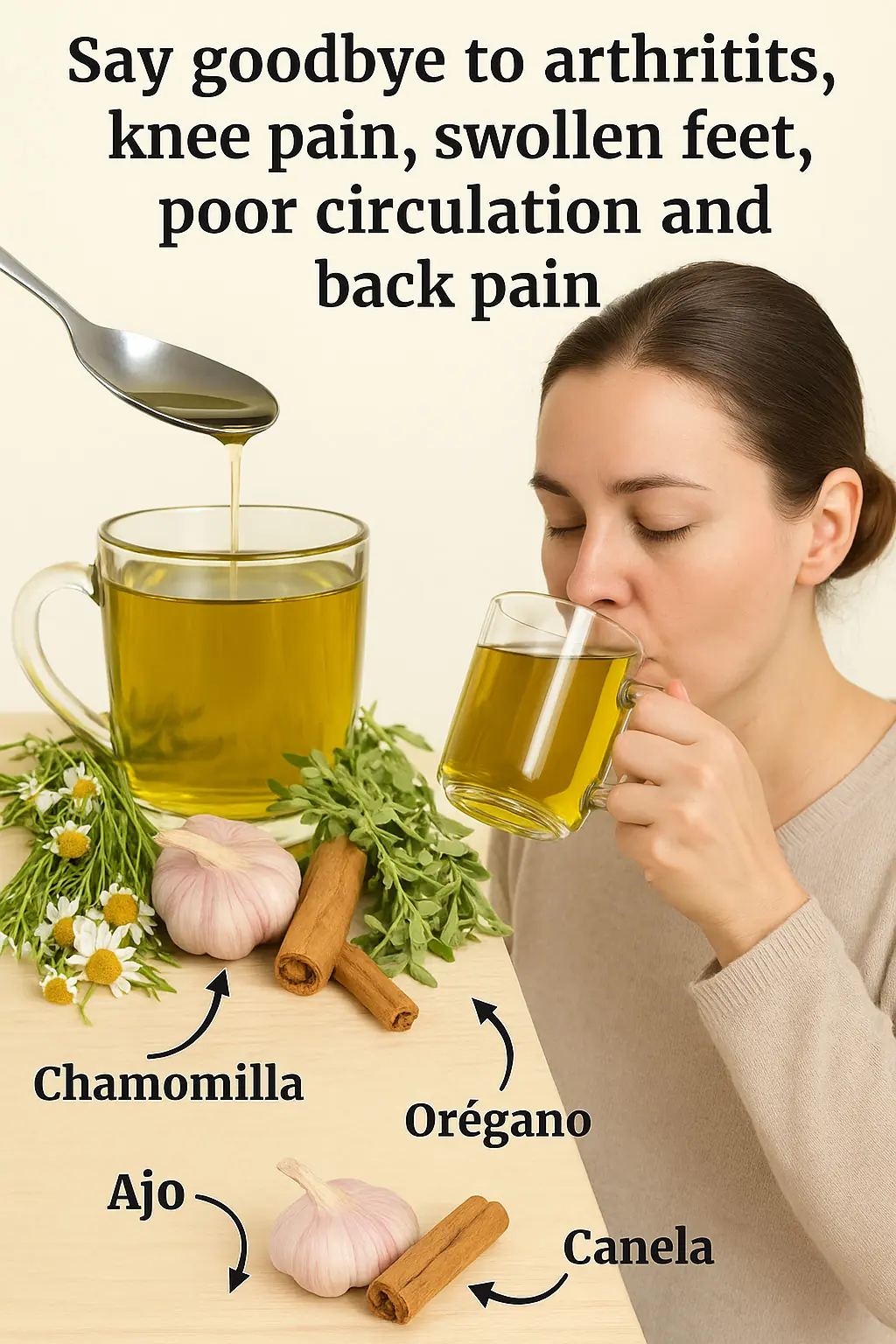
Natural Remedy to Eliminate Arthritis, Swollen Feet, Poor Circulation & Back Pain
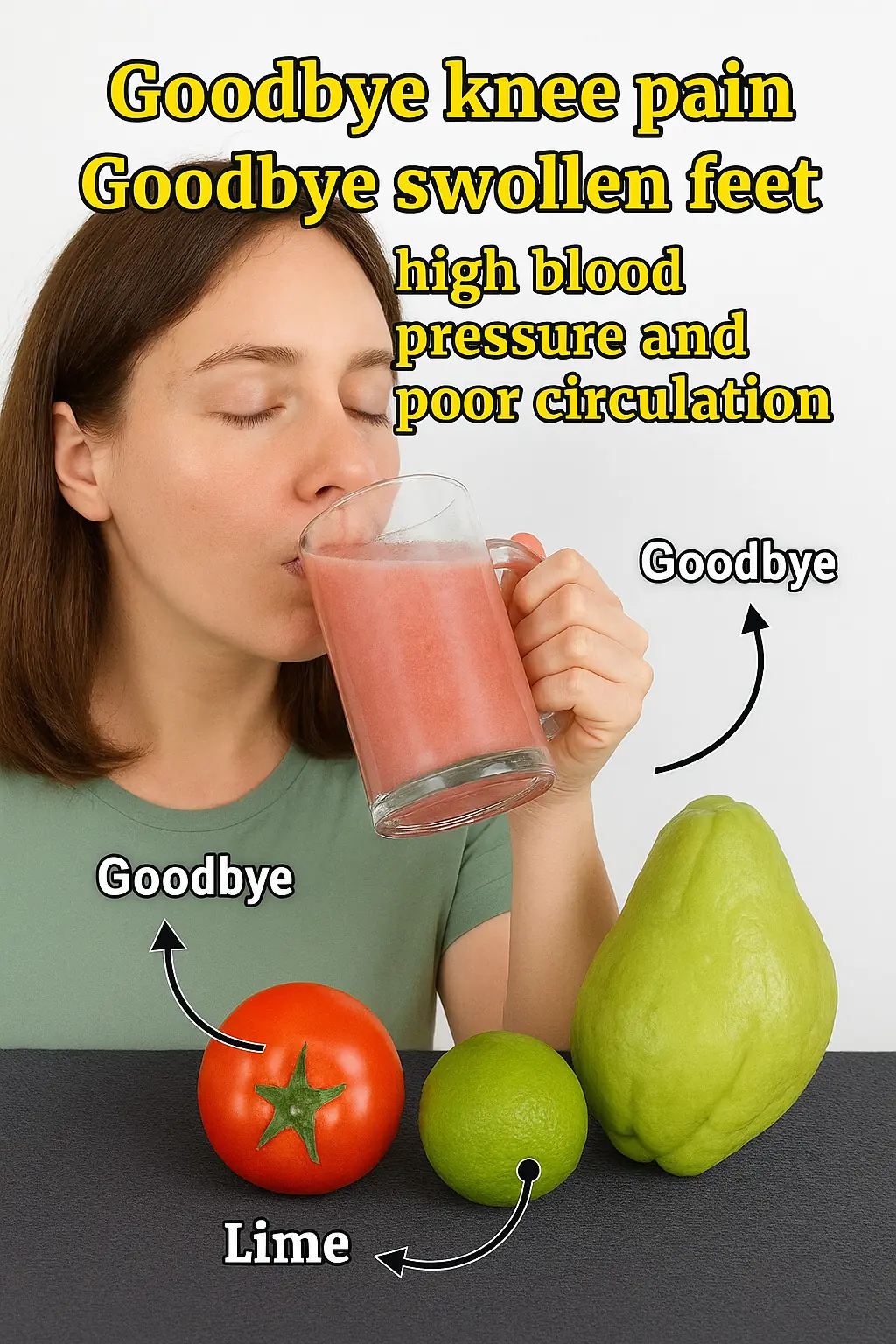
Say Goodbye to Knee Pain and Swollen Feet with This Natural Remedy
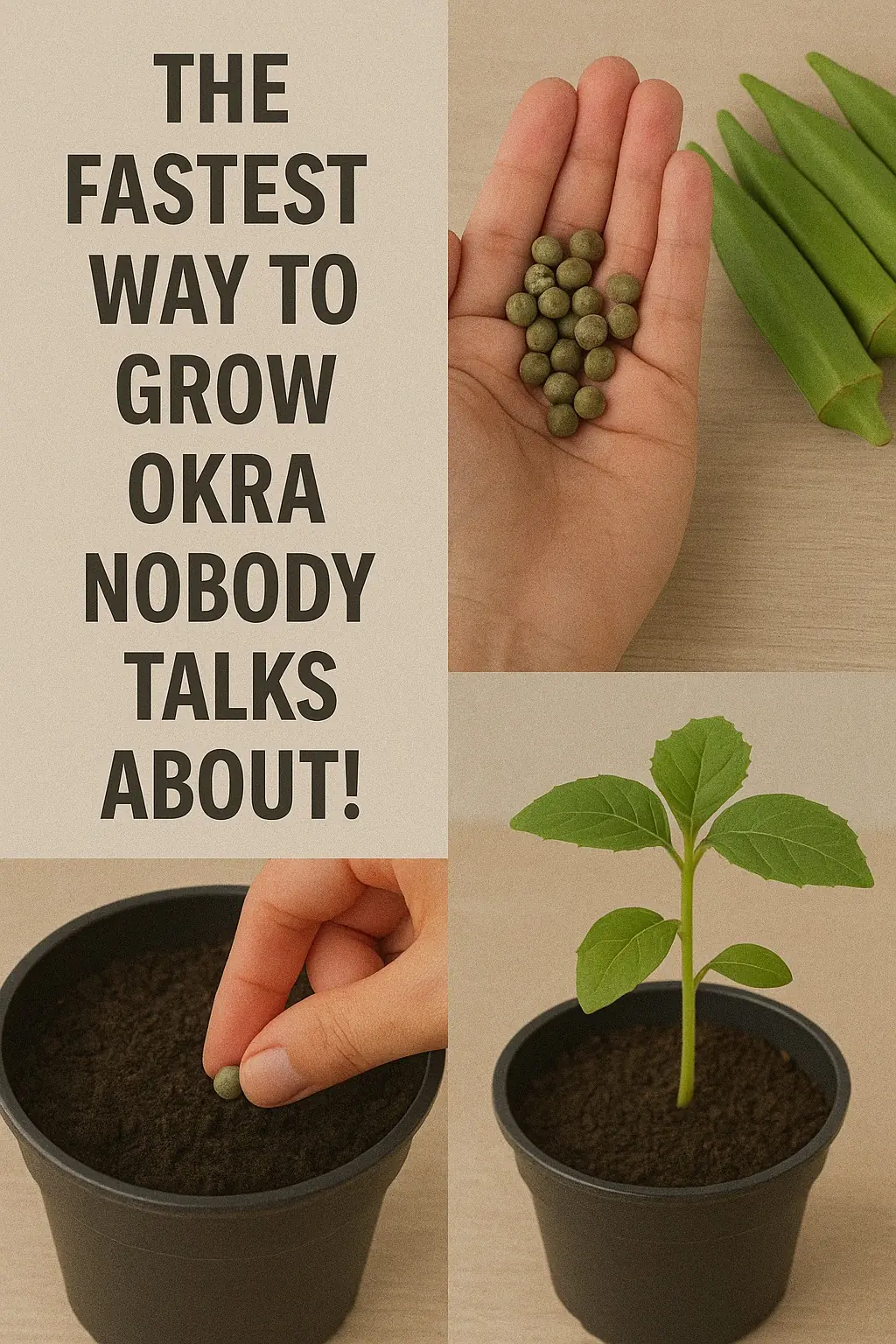
THE FASTEST WAY TO GROW OKRA NOBODY TALKS ABOUT!
News Post
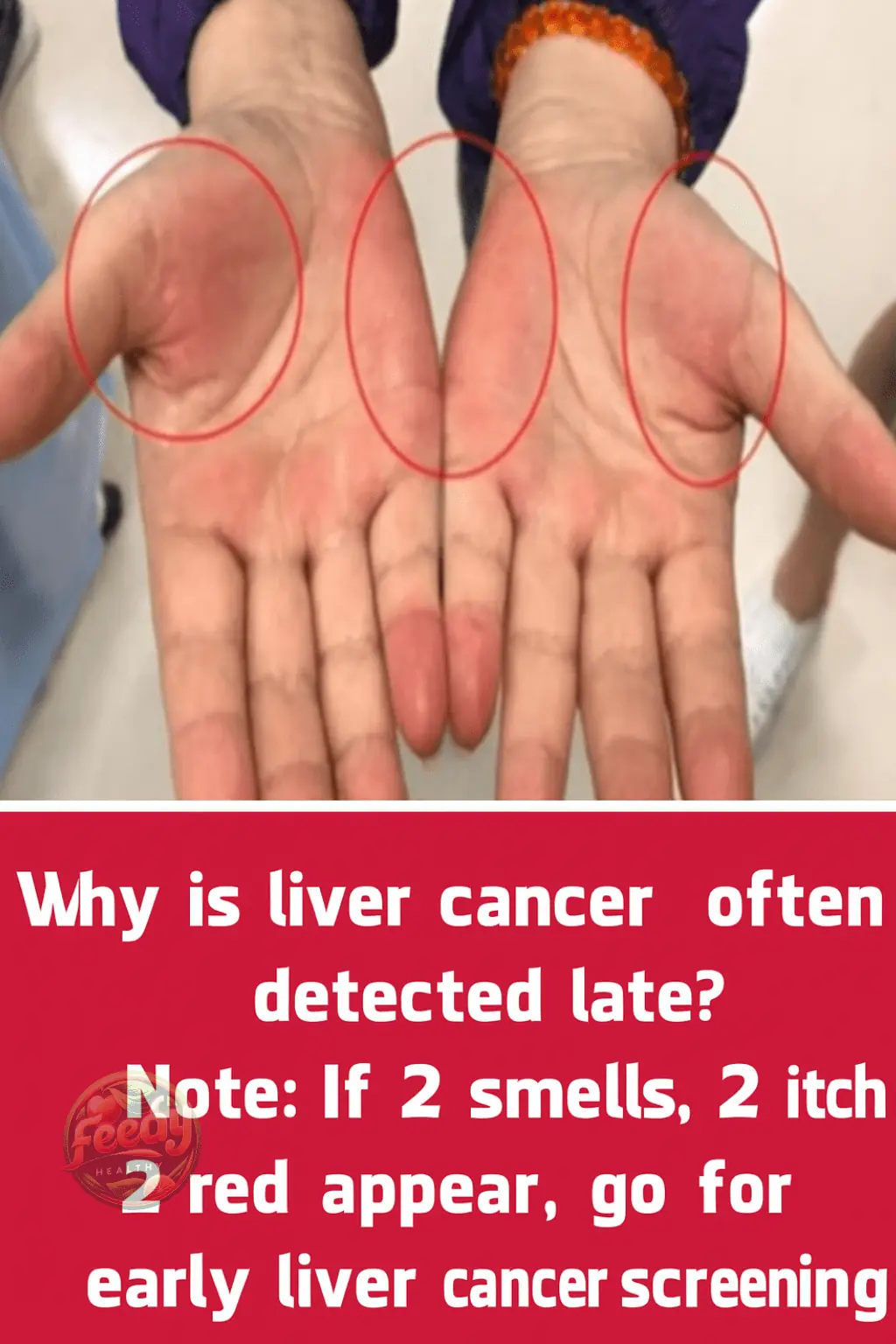
Why Is Liver Cancer Often Detected Late? Note: If You Notice 2 Odors, 2 Itches, and 2 Red Areas, Get Screened Early

Homemade Anti-Wrinkle Cream with Nivea, Coconut Oil & Cornstarch

Restaurant prepares free meal to every stray dog who visits

My aunt May swears by this!

Nana passed down these recipes to remove varicose veins

I love the first method!

So good to know!

Great, now I have to toss it out

Cloves: A Natural Remedy for Skin Tags and Warts

Revitalize Your Hair with Ginger: The Secret to Youthful, Rapid Growth

This Is the Chinese Drink That Cures Cancer, Diabetes, High Blood Pressure, and Poor Circulation Without the Need for So Many Pills

NIAGARA FALLS TURNS RED BLOOD FOR 10 MINUTES VISITORS STUNS

Natural Remedy to Cleanse the Kidneys, Prostate, and Detox Your Body
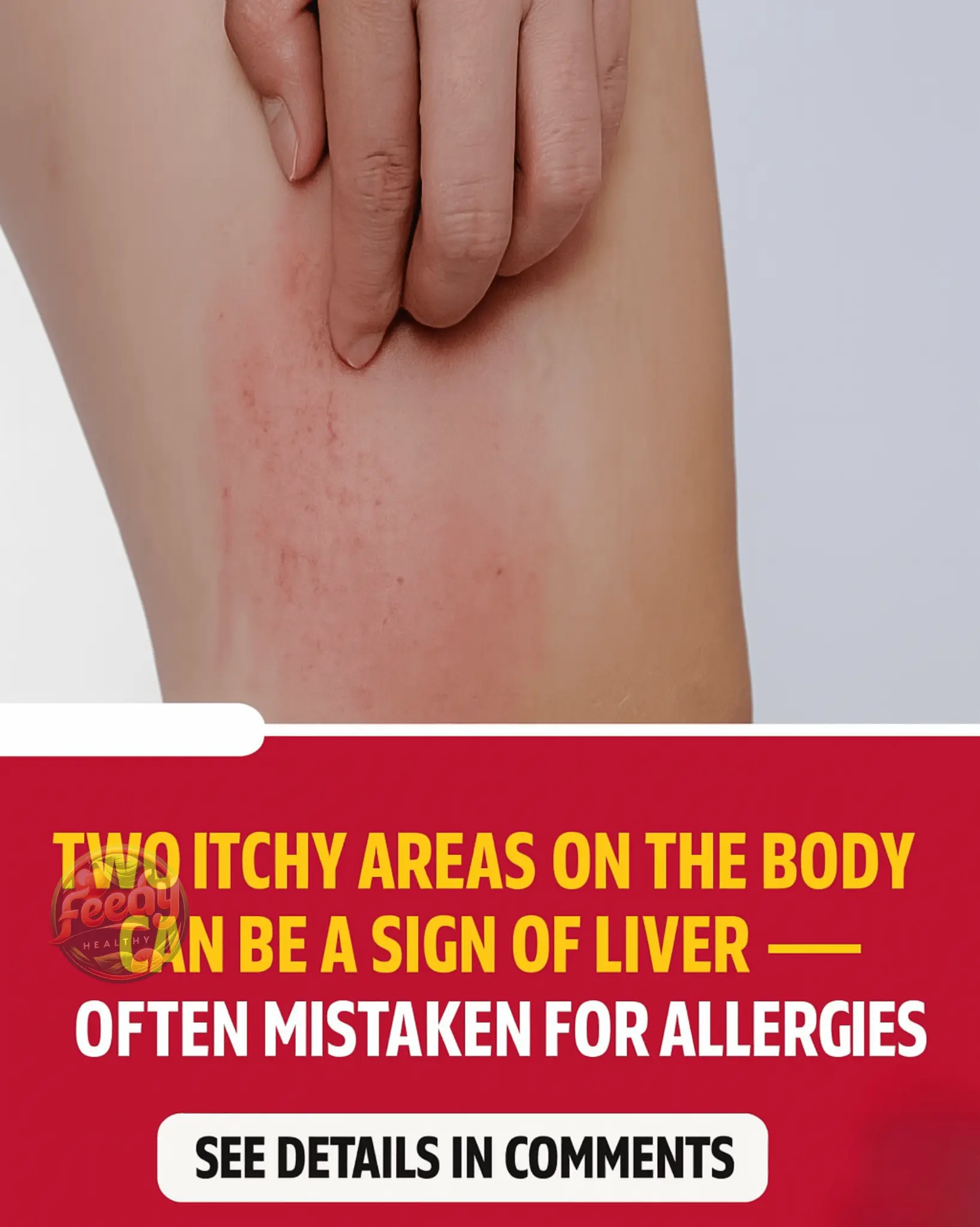
Two Itchy Areas on the Body Could Be a Sign of Liver Cancer—Often Mistaken for Allergies
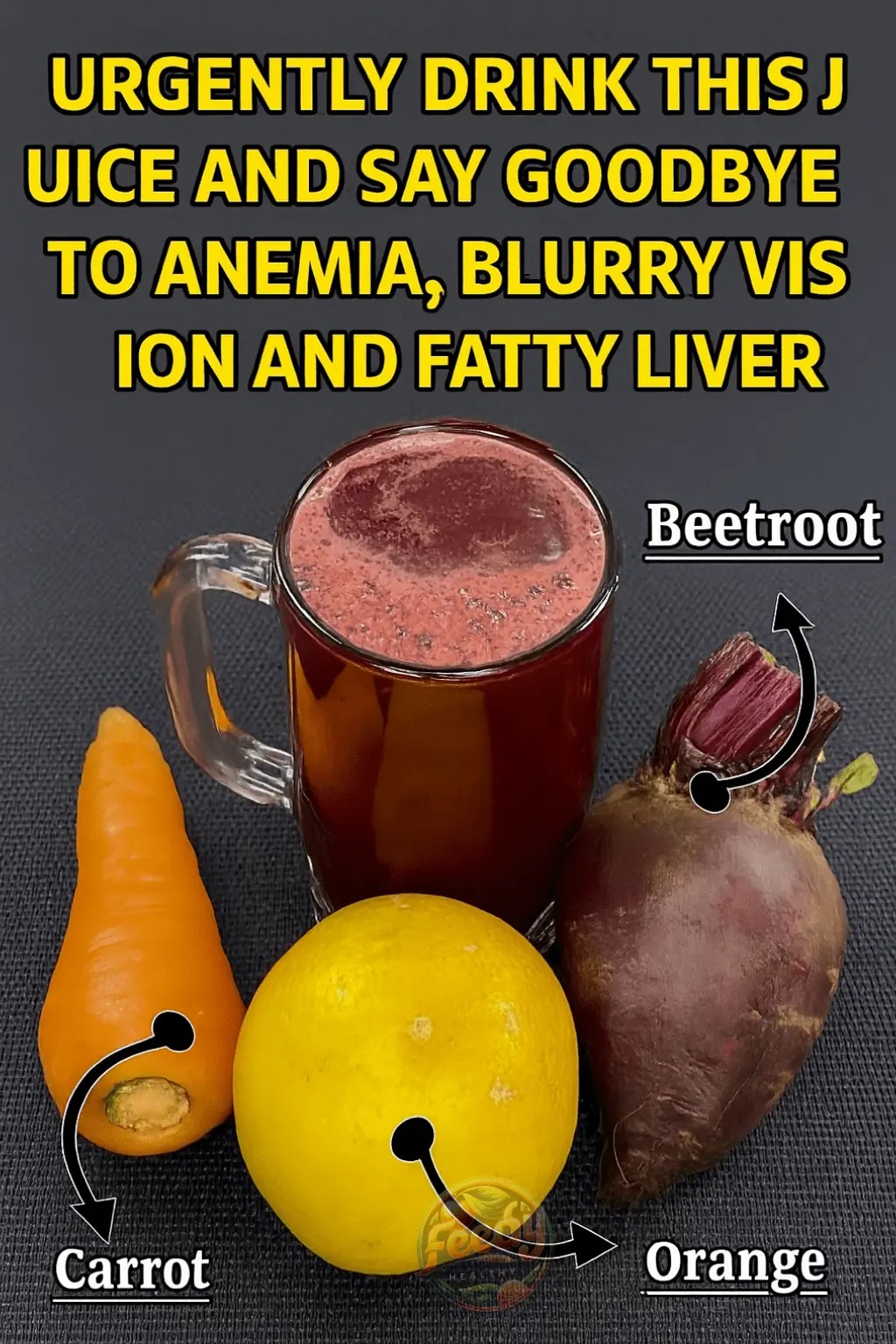
Say Goodbye to Anemia, Blurry Vision, and Fatty Liver with This Natural Drink

The 4 Golden Hours to Drink Coffee for Maximum Health Benefits: Detox Your Liver and Boost Digestion

8 Foods That Are Natural Enemies of Tumors – Make Them Part of Your Regular Diet

My sister abandoned her adopted daughter after having a bio son

The baby deer curled up next to a wooden deer model, seeking safety after its mother was taken away by hunters.
